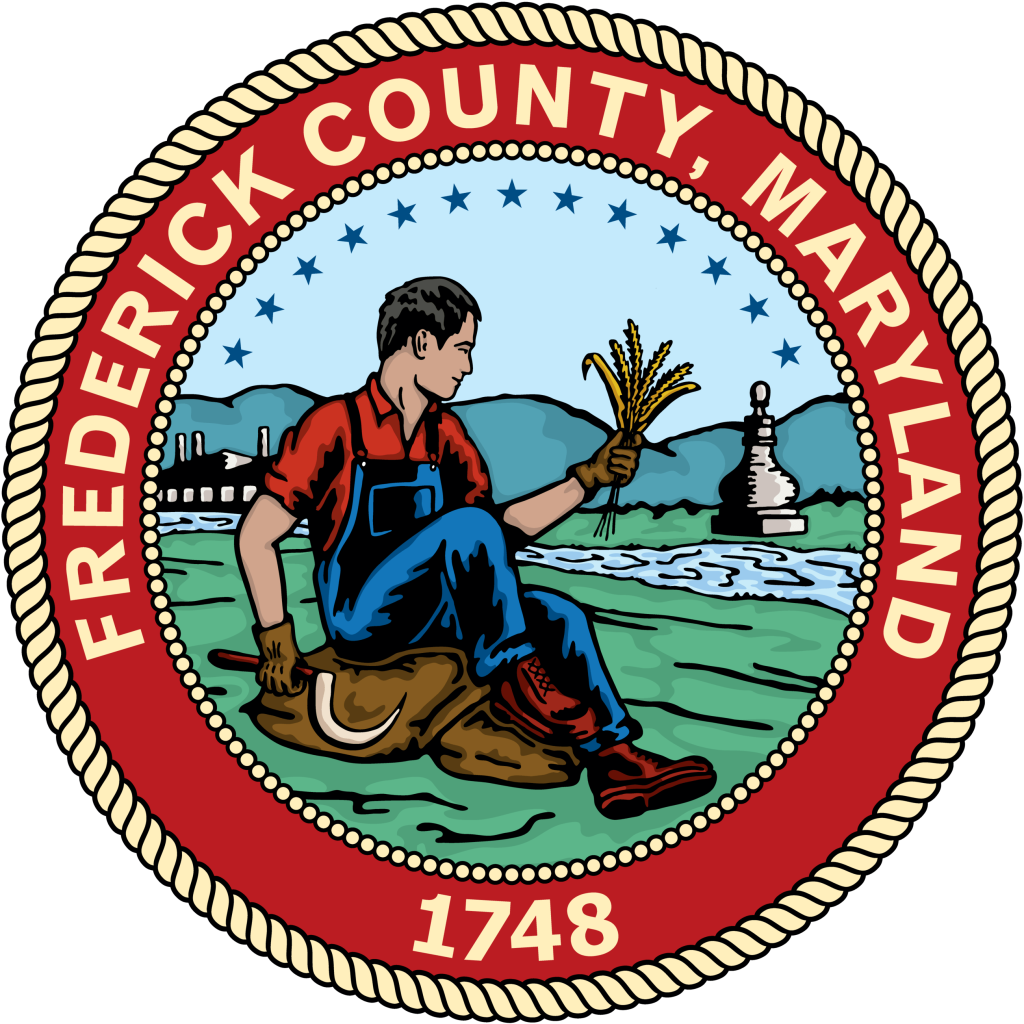Officials say it make sure water supplies remain adequate.

Frederick, Md (KM) Frederick County residents can help make sure that the current drought watch doesn’t become a drought warning or drought emergency. That’s how Shannon Moore, the Director of the County’s Division of Energy and the Environment, describes the current drought watch across the region.
The Metropolitan Washington Council of Governments on Monday issued a drought watch for the region. That’s the result of the drop in the flow of the Potomac River due to the lack of rainfall.
Moore says under a drought watch, there are no mandatory water restrictions, but residents and businesses are encouraged to voluntarily use water wisely so supplies don’t run low. “The drought watch is a precautionary measure. So that region’s experiencing unusually dry conditions despite a little bit of recent rainfall,” she says.
During this drought watch, water supplies in the Metropolitan Washington Regions are adequate. due to three reservoirs constructed in the 1980’s. Despite that, Moore says it’s still important for all residents to conserve water. “Locally, you might start to see to issues. For example, some wells might be running low and so people who are on wells want to be careful so they don’t use up their water supply,” she says.
And residents who have public water from the City of Frederick, Frederick County or other municipalities should also conserve water. “Because some of our water supplies are limited,:” Moore says. “So, for example, the City of Frederick has some wells and it’s better to not put pressure on them now while we have adequate water so we that we don’t get into a position later where we might not.”
If water supplies start to decrease, Moore says a drought warning or drought emergency could be put in place where there could be mandatory water restrictions.
Under this drought watch, Moore says there are ways to help conserve water so that supplies will continue to be adequate. “So one of the things that you can do is to use a car wash instead of washing your car at home. Car washes recycle water,” she says. “You can also look at how much you’re watering your shrubs and your lawn, and cut back on that.”
Other suggestions include sweeping the sidewalks instead of hosing them down; reducing your shower length to under five minutes; turn off the water when brushing your teeth; and washing fewer but fuller loads of dishes and clothes. Also, repair any leaks, especially for the toilet and faucets.
By Kevin McManus